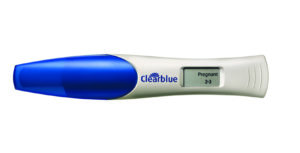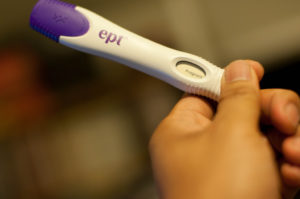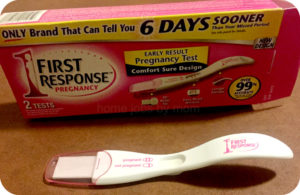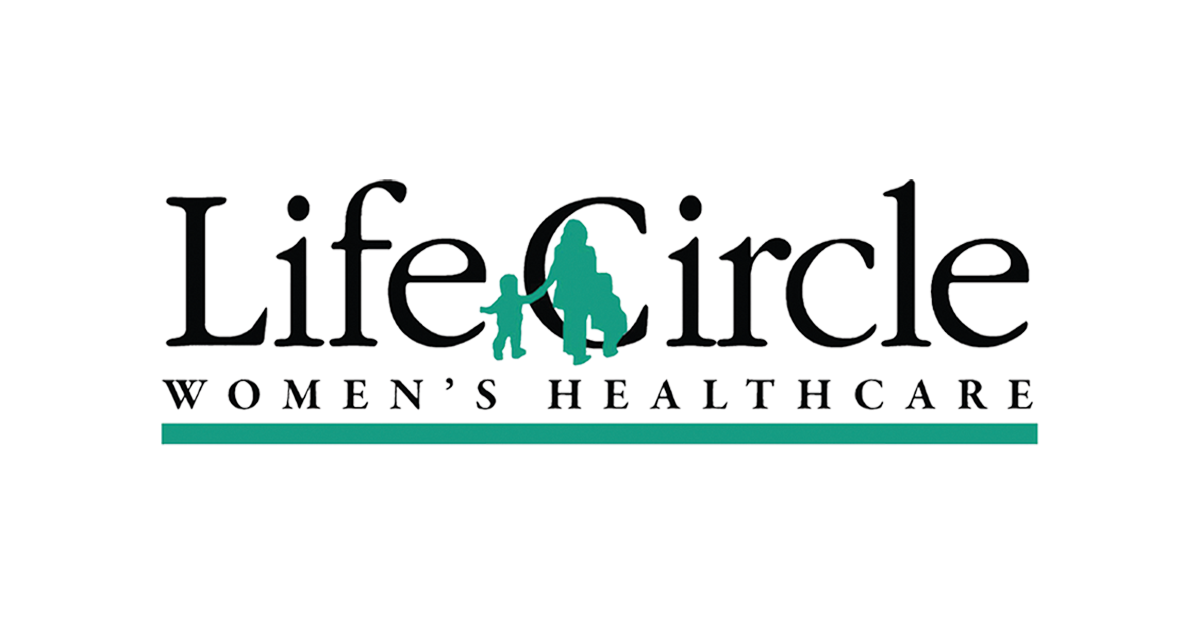Could you be pregnant? The excitement may be hard to handle, especially if you have been trying for a long time. The jitters that accompany possible morning sickness exemplify your hopes of having a baby. Tons of questions may be flooding your mind. Don’t worry, you’re not alone. How can I tell if I’m pregnant? What are the symptoms of early pregnancy? Good chances are that another question will be, “When can I take a pregnancy test?”
Answers come when a pregnancy test shows one or two lines or “pregnant” or “not pregnant.” You can find a pregnancy test just about anywhere these days. However, it’s important to know when to take a pregnancy test to achieve the most accurate results. Also, not all tests are created equal. There are some home pregnancy tests that you should use and others that are simply a waste of money.
First, let’s discuss the most common symptoms of early pregnancy. Then, we will discuss the best ways to avoid a false negative result, and dive in to the most common at-home pregnancy tests and their effectiveness.
Early Pregnancy Symptoms
Your body may be experiencing a wide variety of things right now. But, how do you know the difference between morning sickness and nerves? An upset stomach and cramps? Lack of sleep and exhaustion? We understand that your mind may be going one hundred miles a minute. Here are a few common early pregnancy symptoms with explanations. We hope this helps!
- Missed Period – If you have missed your most recent period, there is a reason why. If you are using a contraceptive such as condoms or birth control pills, it’s important to realize that they are not 100% proven to prevent pregnancy – especially when they aren’t used as directed.
- Stomach Cramps – If you’re experiencing unusual period-like cramps, this could mean that implantation has taken place.
- Tender Breasts – Tender breasts are a very common symptom used in early detection of pregnancy. Your breasts may even appear swollen, and your nipples may be extra sensitive.
- Exhaustion & Nausea – Morning sickness is one of the most common symptoms of pregnancy. While morning sickness doesn’t just occur in the morning hours, most women report morning nausea and extreme lethargy. Food aversions are also quite common during the early stages of pregnancy.
After reading about the most common symptoms associated with early pregnancy, you may be even more excited about the possibility of becoming a mother. If you identified with one or more of the above symptoms, you may be thinking of taking a pregnancy test at this point. But, when should you take the test? When is it actually accurate? Which brand of test should you get? Hopefully you’ll find some of your answers below.
When You Should Take A Pregnancy Test
As a young, healthy woman, you have the possibility of getting pregnant every month. You’ve missed your period this month. How long should you wait before picking up a pregnancy test? Home pregnancy tests are actually pretty accurate. They work by detecting the presence of human chorionic gonadotropin (hCG) in the urine, which is produced when pregnancy occurs. You can get pretty accurate results up to a week before your missed period with most at-home pregnancy tests.
However, different brands of tests are able to recognize different amounts of the hormone at different times. Levels of hCG are extremely low in the beginning stages of a pregnancy, causing some home pregnancy tests to show a false negative result. If you get a negative result and still don’t have your period within a few days, you should retest up to a week later. Do not test earlier than 14 days after ovulation.
If you are pregnant, the fertilized egg travels to your uterus and implants itself in your uterine wall. At this stage, tiny amounts of the pregnancy hormone, hCG, begin to appear in your urine. This is the hormone that the home pregnancy tests detect. If you take a pregnancy test too soon after implantation, you may receive a false negative and potentially waste your money. So, how can you avoid a false negative? Here are some helpful ways to avoid a false negative pregnancy test.
How To Avoid A False Negative On A Pregnancy Test
- As we discussed earlier, do not test earlier than 14 days after ovulation. Your body will not have enough time to produce the hormone that the test is designed to pick up after implantation. (Your body will continue to produce this hormone over the next 24-48 hours – even doubling production in some women.)
- Limit your water intake immediately before you take the test. If you drink excessive amounts of water right before you take your pregnancy test, your urine can become diluted, masking the pregnancy hormone.
- Test fresh urine. Do not use urine that has been sitting in the toilet.
- Make sure that you purchase a quality home pregnancy test. There are some less expensive options out there that are far less accurate than the slightly more expensive, reputable ones such as the list below. You won’t be sorry that you spent a few extra dollars on a higher quality, reputable home pregnancy test in the long run.
Home Pregnancy Test Brands
Now that you know when to purchase a home pregnancy test and know how it works, let’s discuss the most common kinds/brands on the market. Here are some of the most common brands of pregnancy tests on the market today.



If you are still unsure if you are pregnant after taking the home pregnancy tests as directed, it’s a good idea to reach out to your OB/GYN and schedule an appointment. The sooner you know if you are pregnant or not, the better! Your doctor will perform a test in their office that will give you clear answers. If you are looking for an obstetrician in the Cleveland, TN area, we would love to have you at LifeCircle Women’s Healthcare.
